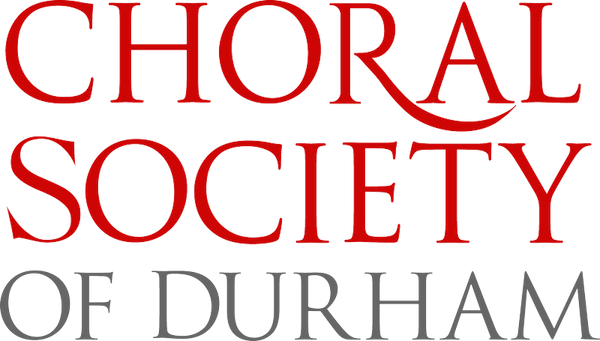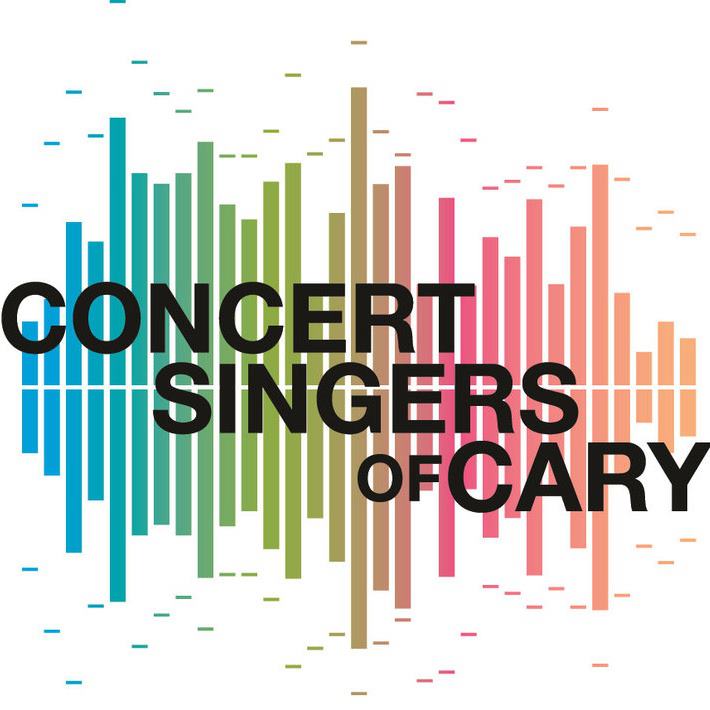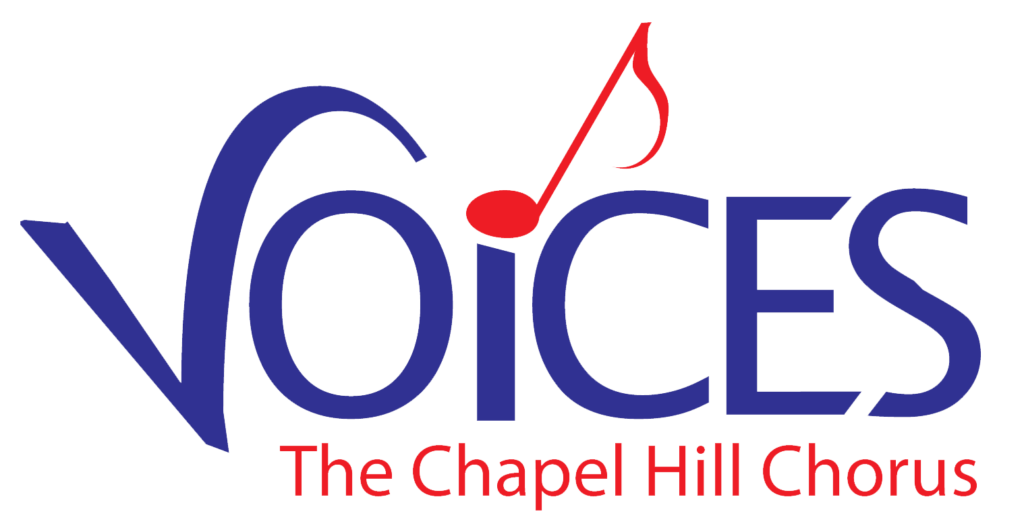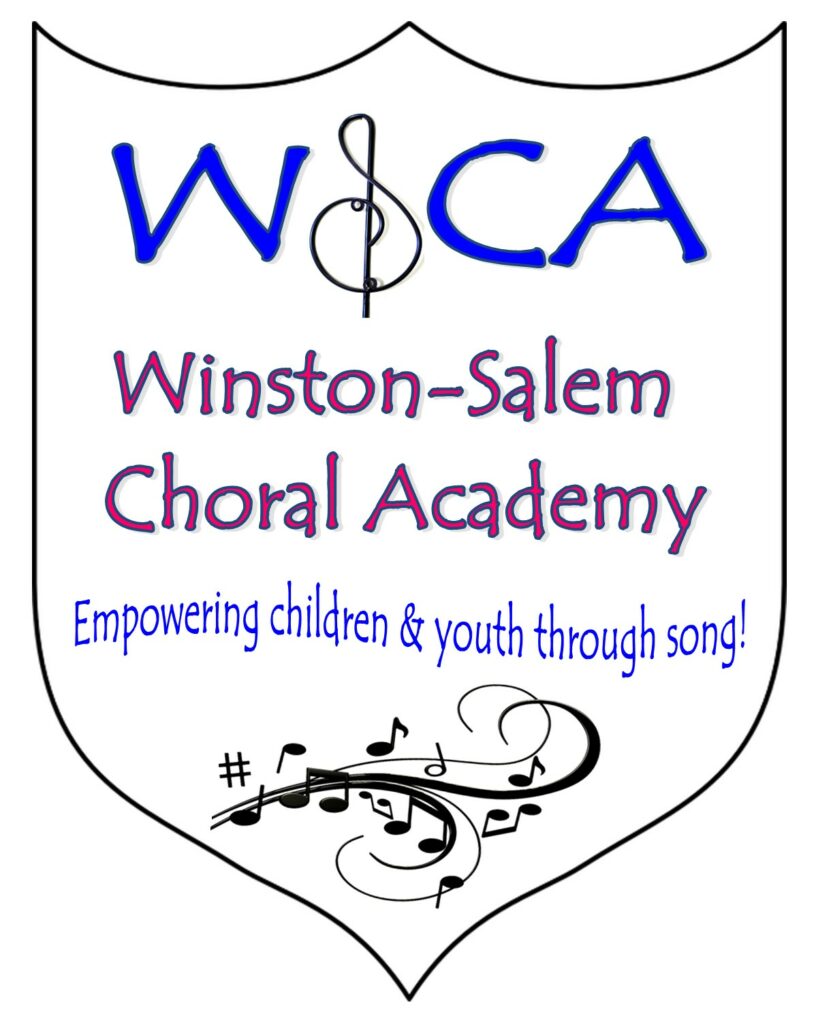William Adams, DMA
Patience. Every great artist understands the need for patience in one’s art. I once heard a quote attributed to Haydn (but probably wasn’t really him) that said “the hardest thing to write are rests.” Whoever said it, they got it. We want to push ahead, fill every moment with sound, shout. The great ones, the patient ones, know the power of silence, the power of space.
Rodney Wynkoop is a very patient interpreter of choral music and the singers of the Vocal Arts Ensemble have embraced that patience for themselves.
On Sunday afternoon, the Vocal Arts Ensemble presented “Songs for a Summer Evening” at Duke Chapel. Ever the master of programming, Dr. Wynkoop crafted a concert consisting of music from the 13th century to works only a handful of years old. There were newer voices that we in the audience were privileged to “discover” and selections from the great masters of choral writing. Do not let the title of the concert fool you. “Songs for a Summer Evening” was not a light, pastoral affair filled with trivial musings and daydreams. Quite the contrary, the texts selected explored the power of music itself, cries for freedom, prayers for redemption, and, yes, songs about nature and summer. The music mainly consisted of sonic landscapes full of extended harmonies and clusters over which were soaring melodies sometimes angular and surprising and other times incredibly lyrical. There were moments a bit more lighthearted, even jovial, like Purcell’s “In these delightful pleasant groves” or the 13th century “Summer is icumen in.” The pacing of the concert was excellent.
The acoustics in Duke Chapel can present quite the challenge. Most concert halls provide a warm space and then get out of the way. The Chapel wants to be part of the program, wants to be another member of the ensemble. The Chapel demands patience. I mentioned that to Dr. Wynkoop at the intermission and he said the Chapel can be “your friend or your enemy.” It exacts a toll for programming pieces like Purcell’s “In these delightful pleasant groves.” Each overlapping melisma of “laugh” felt like waterfalls cascading about the Chapel. What we lost in clarity or definition we made up for in this shimmering tone painting of laughter, which I suspect was Dr. Wynkoop’s expectation when he made this selection. But the Chapel rewards you when you program Lauridsen, Stroope, or Whitacre and can bask in these epic sonorities that seem to ring forever.
The VAE sings with a rich, warm tone that is never pushed, never out of control, and never heavy. The timbral spectrum from soprano to bass is seamless as evidenced by the incredible unison singing, not just within a single section but across sections and even across the entire ensemble. Dr. Wynkoop allows the tone of the choir to soften, lose its focus just a bit at the softest dynamics but it is done universally across the ensemble and the sound is still wonderfully supported. This allows for an even greater dynamic contrast when he brings the biggest and fullest sound from the choir. There were no instances of any individual singers standing out, the balance and blend were impeccable.
Arianne Smith’s solos in “Nocturne” by Adolphus Hailstork were light and clear. She created an extension of the soprano section, rather than a completely different solo aesthetic that might have detracted. Meghan Groth’s rich mezzo was the perfect counterbalance to Ms. Smith. Their duet in Stroope’s “There is sweet music here” was also just a slightly different texture from the ensemble as a whole. Each singer exhibited exceptional lyricism and control.
The encore of Eric Whitacre’s “Sing Gently” was just the right summation of the afternoon. It serves as something of a benediction extolling us to sing, to let our singing uplift the world and bring us together, singing as one. This is the very essence of choral music and it was a delight to be reminded of it so profoundly.








